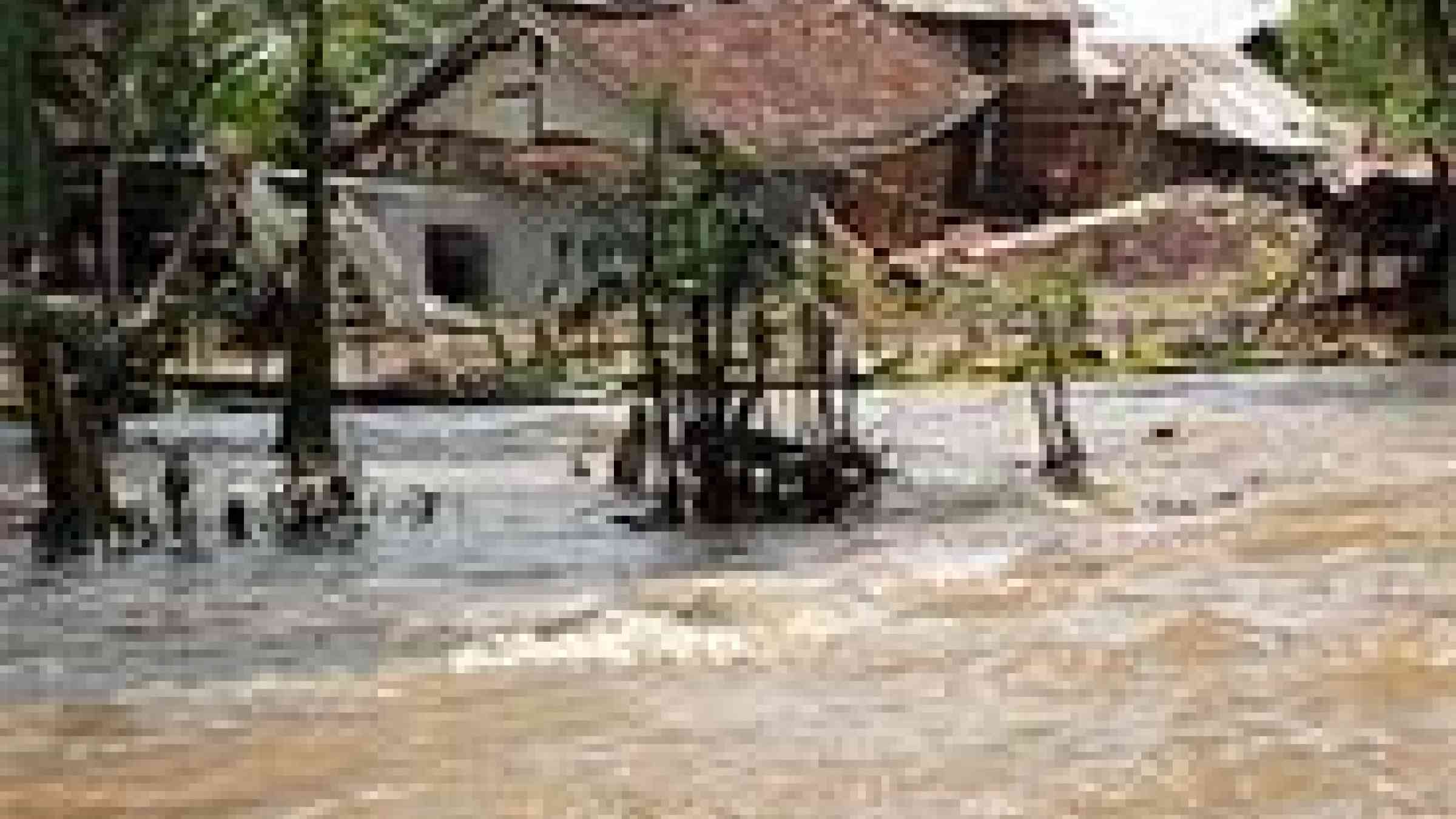
International experts call for collaboration between social and natural scientists, policy makers, communities and development organizations in order to reduce natural disaster related risks and losses, reports the Science and Development Network.
"Disasters are (also) social constructs. We have to address why people are living in areas that are at high risk. What are the social factors involved and how do we address those to lower risk and losses?", said Jane Rovins, chief executive officer of Integrated Research on Disaster Risk (IRDR), Beijing.
IDRD has been developing a disaster loss data' project that will serve as a framework to develop a range of modern information systems on disaster risk reduction and on a separate risk interpretation and action project to study human actions, conditions, decisions and cultural contexts during natural hazards.
According to Walter Ammann, president of Global Risk Forum, Davos, data on cumulative damage from smaller events, and a standard data management system is needed. He added: "what is missing is doable knowhow for policy makers and politicians. We need to bridge the gap."
Other experts are calling for vulnerability data as well as integrated and comprehensively communicated data on weather, human deaths, number of people affected, or livestock lost.